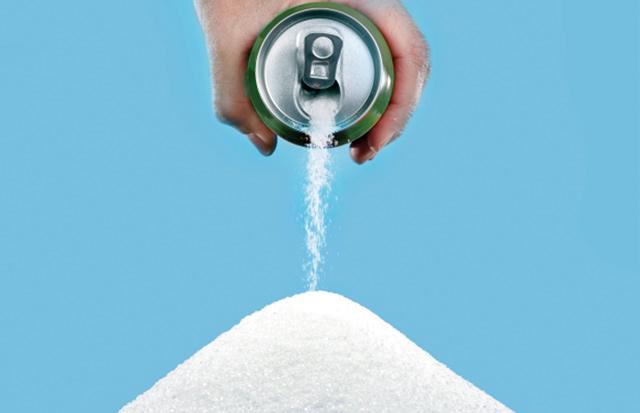You are here
Sugary drinks may cause 184,000 global deaths a year — study
By AFP - Jun 30,2015 - Last updated at Jun 30,2015
WASHINGTON — Sodas and other sugary drinks may cause up to 184,000 deaths a year worldwide, according to a study published Monday in the journal Circulation.
Billed as a first, the report analysed the global risks of death due to diabetes, cardiovascular diseases and cancers linked to the consumption of sugary drinks.
Researchers estimated that around 133,000 people died from diabetes due to the consumption of what the report called "sugar-sweetened beverages." Around 45,000 people died globally from cardiovascular diseases arising from sugary drink consumption and 6,450 people died from cancers linked to the beverages, researchers estimated.
"Many countries in the world have a significant number of deaths occurring from a single dietary factor, sugar-sweetened beverages. It should be a global priority to substantially reduce or eliminate sugar-sweetened beverages from the diet," said study author Dariush Mozaffarian from Tufts University in Boston.
Mexico had the highest death rate due to sugary beverages with a rate of 450 deaths per million adults, the report said. It was followed by the United States with 125 estimated deaths per million adults.
Researchers also said the general quantity of sugar available in a nation correlated with the country's frequency of diabetes, cardiovascular disease and cancer.
The report also found 76 per cent of deaths related to soda and other sugary drink consumption occurred in low to middle income countries.
Fruit juices were not included in the research, which analyzed 62 dietary surveys conducted between 1980 and 2010 in 51 countries.
Related Articles
People who drink lots of sugar-sweetened soda and fruit juices may be more likely to develop chronic kidney disease than those who don’t, a
PARIS — Consumption of sugary drinks such as soda and fruit juice is linked to a higher risk of developing certain kinds of cancer, research
One in five US children and young adults do not drink any water at all on a typical day, and a new study suggests they consume almost twice



















